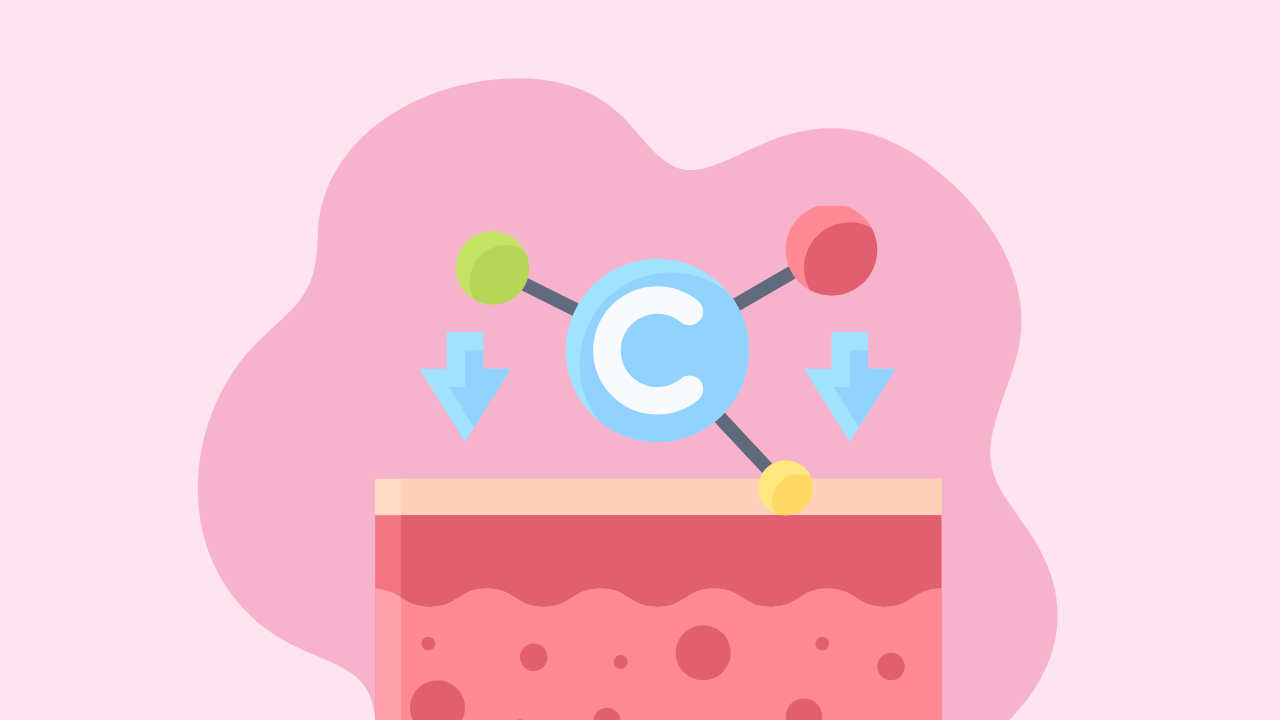The Protein That Holds You Together Might Help Cancer Spread

Collagen is the most abundant protein in the body. It provides structure to skin, bones and connective tissue, including breast tissue. But beyond its structural role, collagen can influence how cancer develops and spreads.
According to Frontiers in Oncology, women with dense breast tissue face a higher risk of breast cancer. Dense tissue contains more fibroglandular material and collagen than fatty tissue, and that excess collagen creates a physical environment that can affect how tumor cells behave.
The review explains that certain collagen structures can promote tumor cell migration. These fibers can form aligned pathways that help cancer cells move through tissue more efficiently, and in this type of environment, immune cells may also struggle to detect or eliminate the cancer, giving it more room to grow and spread.
The way collagen shapes the microenvironment also complicates screening. Dense tissue makes it harder for mammograms to detect abnormalities, so tumors may go unnoticed for longer. This can delay diagnosis and narrow treatment options.
Researchers are exploring how these interactions between collagen and tumor cells might be disrupted. If collagen structure influences how aggressive a tumor becomes, targeting those features could slow disease progression or improve treatment response.
The review makes a point that many patients never hear during routine exams: breast density reflects the biology of the tissue itself, and that biology can shape risk in meaningful ways.
Knowing your breast density and how it affects screening accuracy can help you make more informed choices about monitoring and follow-up. For many women, additional imaging like ultrasound or MRI may offer better insight than mammograms alone.







